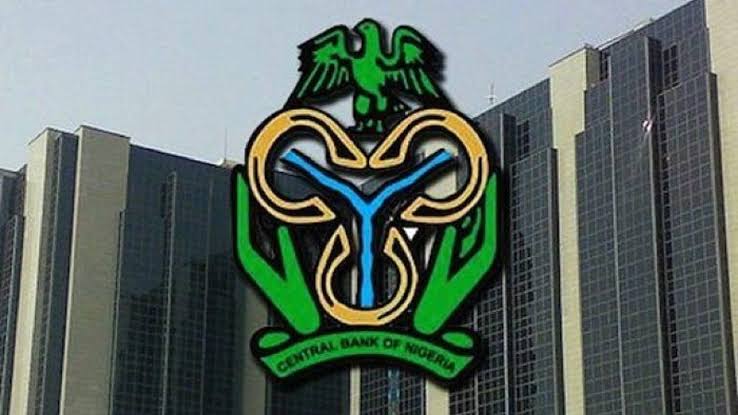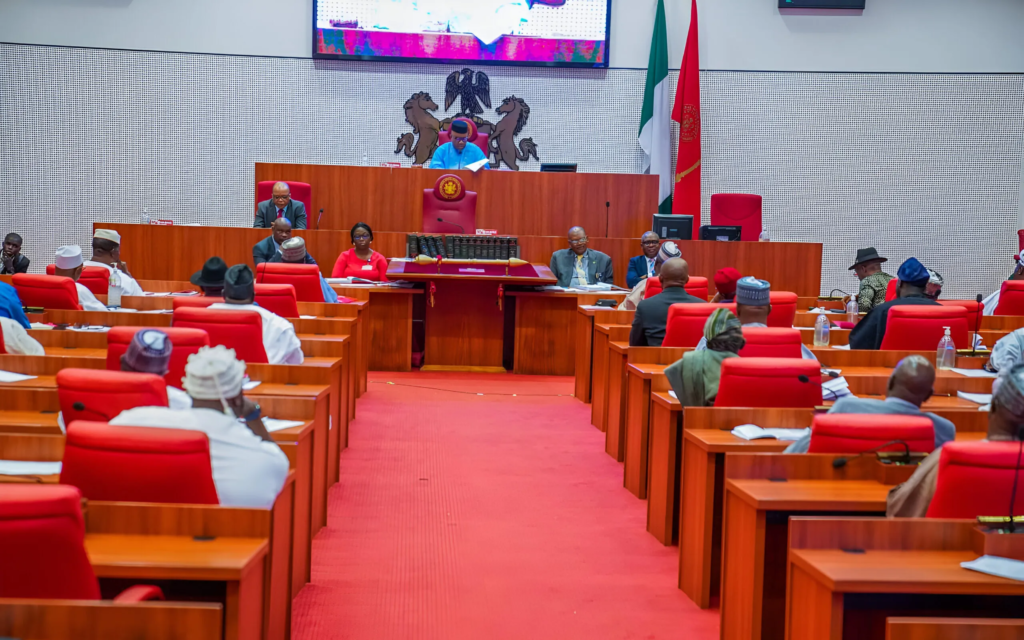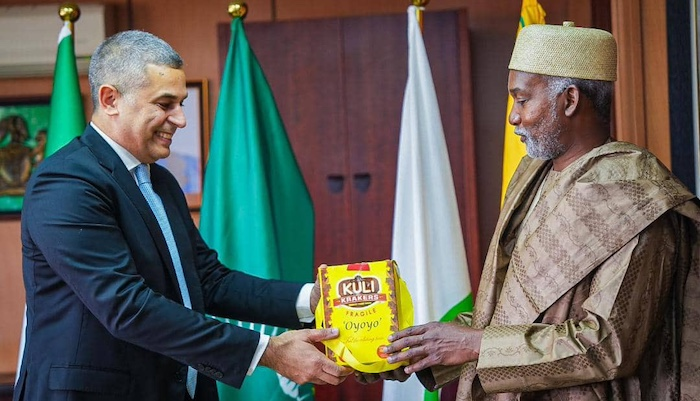The Central Bank of Nigeria (CBN) has reportedly imposed restrictions on several online microfinance banks, prohibiting them from opening new accounts and onboarding new customers.
Notable among the affected microfinance banks are Moniepoint, PalmPay, Opay, PiggyVest, and Kuda.
Sources familiar with the matter revealed to Peoples Gazette on Monday that the CBN’s decision stems from allegations that these banks were involved in facilitating cryptocurrency transactions and manipulating the value of the naira.
The move is purportedly aimed at curbing money laundering activities, which have contributed to the recent depreciation of the naira against major currencies, particularly the dollar.
The sources asserted that the CBN deemed the new-account-ban necessary to curb money-laundering activities which have seen the naira again plunge against the dollar in recent days.
In response to the reported restrictions, Moniepoint, one of the affected microfinance banks, issued a message on its platform over the weekend, notifying users of the temporary suspension of new account sign-ups.
The message apologized for any inconvenience caused and indicated that new sign-ups would be temporarily halted until further notice.
It wrote: “Hello! We’ve temporarily paused new sign-ups on our platform.
“This means that you’ll be unable to open a new account at the moment. We apologise for any inconvenience this may cause.”
Meanwhile, the value of the naira has experienced a setback in recent days, with the currency trading at N1350 against the dollar as of Monday evening. This regression marks a departure from the positive momentum observed in previous weeks, during which the naira had appreciated to N950 against the dollar in early April.
The CBN’s purported actions come in the wake of heightened scrutiny over cryptocurrency-related activities, following the drastic depreciation of the naira in February.
Following the drastic depreciation of the naira in February which nearly exchanged at N2000 to a dollar, the CBN, in collaboration with the anti-graft commission, EFCC, cracked down on Binance and detained its executive Tigran Gambaryan, a U.S. citizen and British-Kenyan Nadeem Anjarwalla over accusations of naira manipulation.
The Nigerian government demanded that Binance release the names of its top 100 users and their transactions to negotiate the release of the detained executives.



























